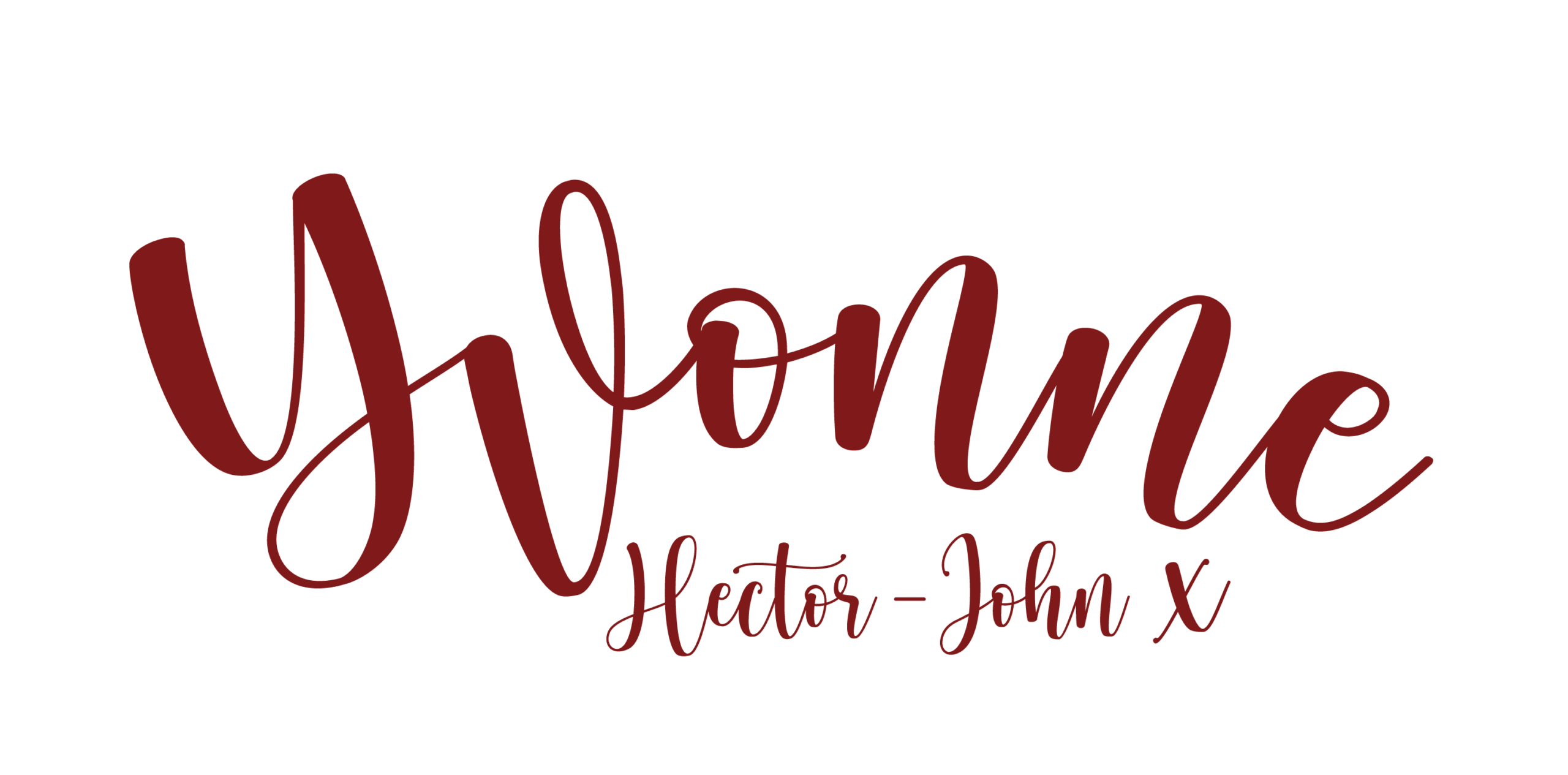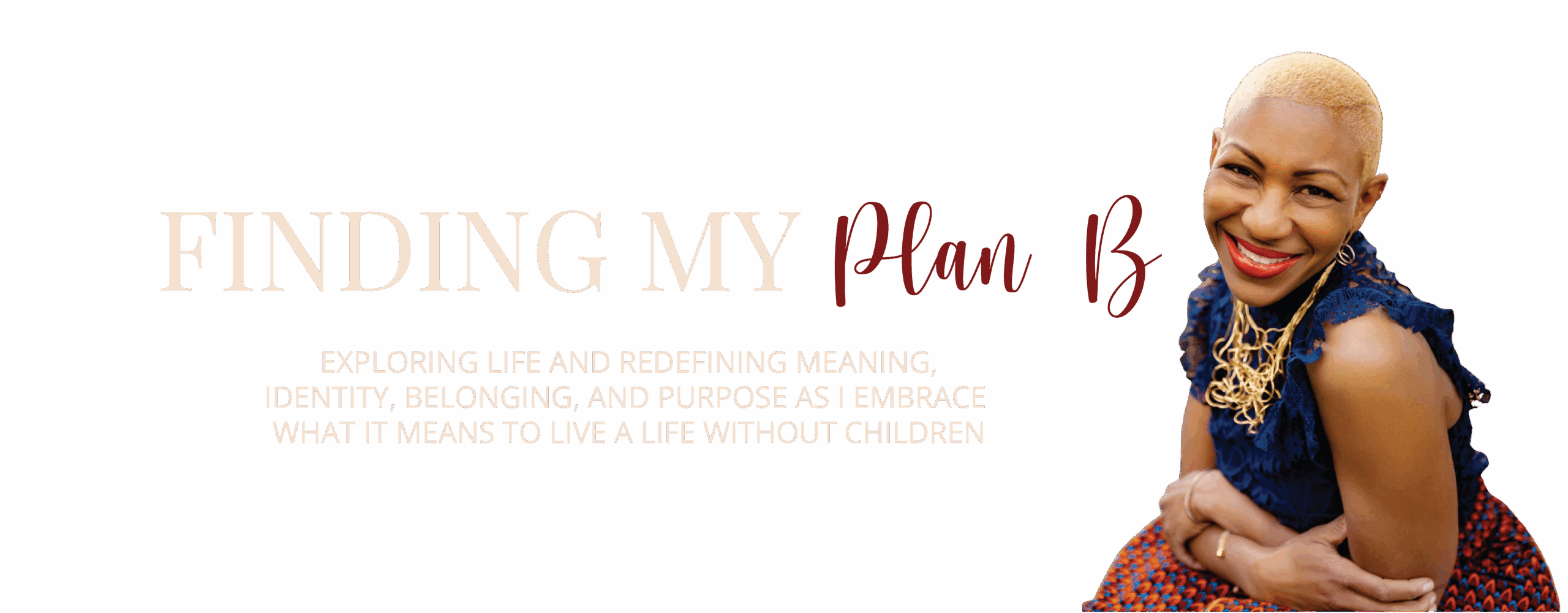Bell hooks or Gloria Jean Watkins was born September 25, 1952 and has basically been an intersectional feminist ever since. She is most well known for her feminist theory that recognizes social classifications (e.g., race, gender, sexual identity, class, etc.)
Bell is an American author, feminist, and social activist. Her writing has focused on the interconnectivity of race, capitalism, and gender, and what she describes as their ability to produce and perpetuate systems of oppression and class domination. Her 1984 book ‘From the Margins’ includes an excellent (and much misunderstood) critique of ‘motherhood’ and issues of what has come to be called ‘intersectionality’. She is childfree by choice.
I was introduced to Bell last year, 2020. I can’t remember what led me to her, it’s likely that it came onto my radar whilst on one of my searches around the history of why black woman don’t talk [outside of the home] about our problems and subsequently read her book “Ain’t I a Woman: Black Women and Feminism”.
“The silence of the oppressed”
In the introduction to her book Ain’t I a Woman, Bell mentioned that “At the time in American history when black women in every area of the country might have joined together to demand social equality for women and a recognition of the impact of sexism on our social status, we were by and large silent. Our silence was not merely a reaction against white women liberationists or a gesture of solidarity with black male patriarchs. It was the silence of the oppressed – that profound silence engendered by resignation and acceptance of one’s lot… Racist, sexist socialisation had conditioned us to devalue our femaleness and to regard race as the only relevant label of identification. In other words, we were asked to deny a part of ourselves – and we did… We were a new generation of black women who had been taught to submit, to accept sexual inferiority, and to be silent.”
Bell’s book really helped me to see the depth and heaviness of the many years of oppression that I am unconsciously caring as a black woman. To read that “many people have difficulty appreciating black women as we are because of eagerness to impose an identity upon us based on any number of negative stereotypes” went a long way in helping me to recognise the experiences that I’ve faced over the years, the experiences that have me feeling like, no matter what I do, no matter how careful I am or how considerate I am, I am always seen as ‘wrong’. I am the perpetrator even when I am being oppressed, even when I am hurting. There is such a heaviness and sadness around this experience that it can sometimes be so difficult to put this into words without being seen as the “angry black woman”, when in fact, because of these experiences I am a black woman who is angry.
So I thank you for joining me in celebrating Bell Hooks, a woman who is childfree by choice and a woman who is not afraid to speak her truth. A woman who’s ancestral (activist) spirit I embody.
#NomoRoleModel #BlackHistoryMonth







Recent Comments